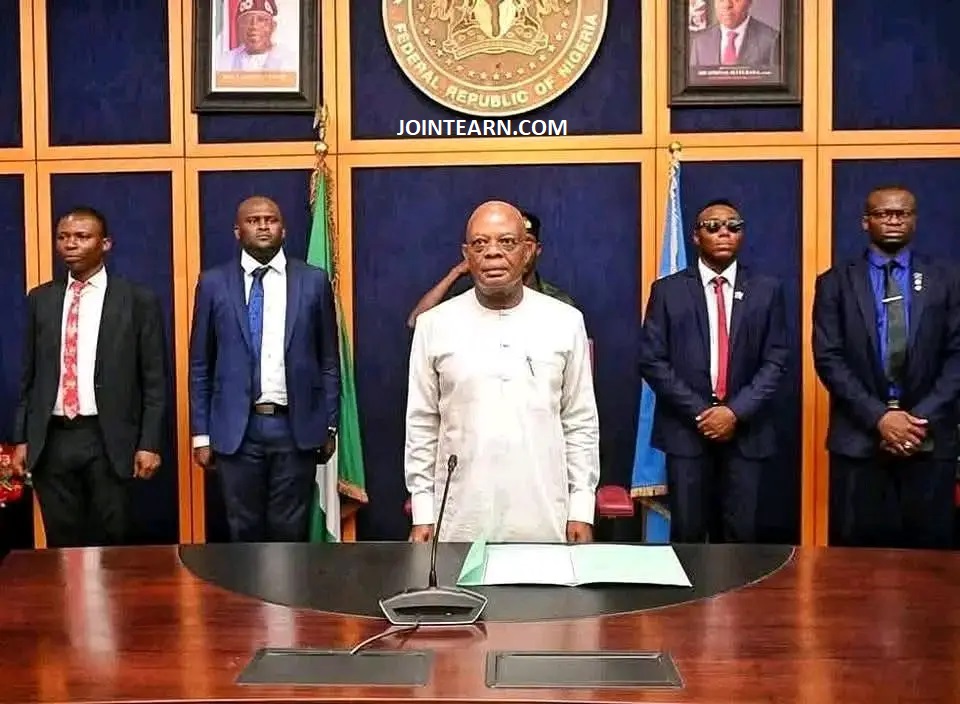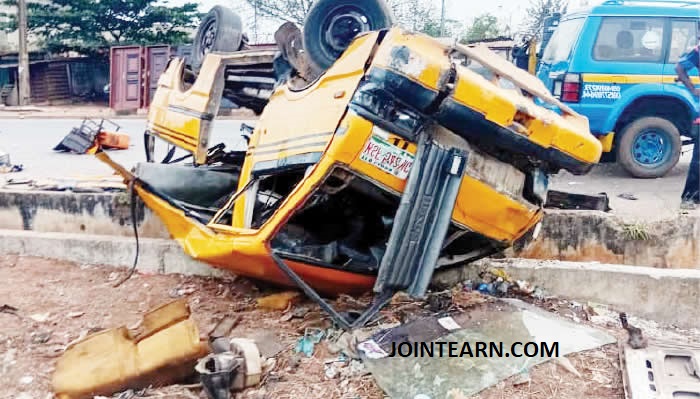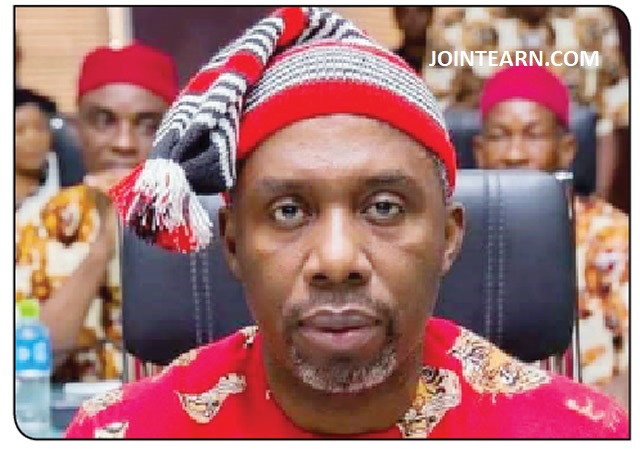The House of Representatives has convened a closed-door session with the Sole Administrator of Rivers State, Mr. Farah Dagogo Ibas, to discuss a variety of pressing issues affecting the state and the larger South-South geopolitical zone. The session, which took place at the National Assembly in Abuja, was held with strict confidentiality, ensuring that only the necessary lawmakers, Ibas, and select members of his team were allowed inside.
The private meeting was convened in response to a series of concerns raised by lawmakers representing Rivers State in the House, as well as issues regarding the administration of the state under Ibas’ leadership. Several members had called for the session in order to address what they described as a growing need for federal intervention in the region’s infrastructural development, security, and welfare of citizens.
Although the details of the closed-door discussions were not immediately disclosed, sources close to the matter indicated that the session was centered around a range of key topics that have been the subject of national attention. These included the state’s security situation, ongoing federal projects within the state, and the perceived challenges faced by the Rivers government in relation to resource allocation and revenue sharing.
One of the major concerns raised during the session was the issue of security in Rivers, which has been grappling with increasing incidents of kidnappings, armed robbery, and political violence in recent years. Ibas reportedly updated the lawmakers on the administration’s efforts to curb these security challenges, outlining various measures taken to improve law enforcement and collaborate with federal agencies, such as the Nigerian Army and the Nigeria Police Force.
The Sole Administrator also briefed the lawmakers on the state government’s ongoing investment in infrastructure, particularly road construction and healthcare facilities. Rivers, known for its oil wealth, has faced challenges in efficiently channeling these resources into development, and Ibas assured the lawmakers that efforts were underway to address these issues, with a focus on long-term economic sustainability.
The session also focused on the ongoing concerns about the state’s oil revenue distribution, with several lawmakers arguing that Rivers, as one of the top oil-producing states in Nigeria, should be receiving a fairer share of the revenues from its natural resources. Despite the state’s contribution to the national economy, there have been complaints that it has not benefited proportionately from federal allocations, particularly in terms of infrastructural development and public services.
Lawmakers from Rivers and other oil-producing regions have long called for a review of the current revenue-sharing formula to ensure that states bearing the brunt of resource extraction benefit directly from the wealth they generate. Ibas reportedly shared his thoughts on how a more equitable formula could help stimulate growth in the state and mitigate some of the social challenges faced by local communities.
Another topic of discussion was the recent flooding in parts of the state, which has caused significant damage to property and disrupted the lives of many residents. Ibas expressed concern over the increasing frequency and severity of flooding events, which experts attribute to a combination of poor urban planning, deforestation, and climate change. The Sole Administrator promised that steps were being taken to implement flood control measures, including upgrading drainage systems and relocating communities at high risk of flooding.
The lawmakers also raised concerns about unemployment in the state, particularly among the youth. With Rivers State facing one of the highest rates of youth unemployment in the country, the House members urged Ibas to prioritize job creation and skill development programs in collaboration with the federal government. The Sole Administrator acknowledged the issue, stating that job creation was a key focus of his administration, but emphasized that greater federal support would be necessary to achieve significant progress.
The private meeting, which lasted for several hours, was seen as a significant step in bridging the communication gap between the state government and the federal legislature. Many observers have praised the initiative, noting that it provides an opportunity for open dialogue and the sharing of critical information between different levels of government. It also marks an important moment in the political landscape of Rivers State, as it is seen as a recognition of the state’s importance in the broader national conversation.
At the end of the session, Ibas thanked the lawmakers for their cooperation and assured them that he would continue working to address the issues discussed in the meeting. He expressed confidence that, with continued collaboration between the state and federal authorities, Rivers would experience significant progress in tackling its challenges.
The closed-door session also serves as a reminder of the delicate political and administrative balance that state administrators like Ibas must maintain. While the Sole Administrator is directly appointed by the federal government, Rivers State remains a key player in the broader dynamics of the South-South zone, with the potential to influence national policy on issues ranging from security to resource management.
As the meeting concluded, the House of Representatives agreed to schedule follow-up sessions to track progress on the key issues discussed and ensure that commitments made during the session are honored. This is part of an ongoing effort to ensure greater accountability in the administration of the country’s states and to foster closer ties between the federal and state governments.
For now, it remains to be seen how the outcomes of the closed-door session will translate into tangible results for the people of Rivers State, but for many, it represents a step toward a more cooperative and responsive governance framework.












